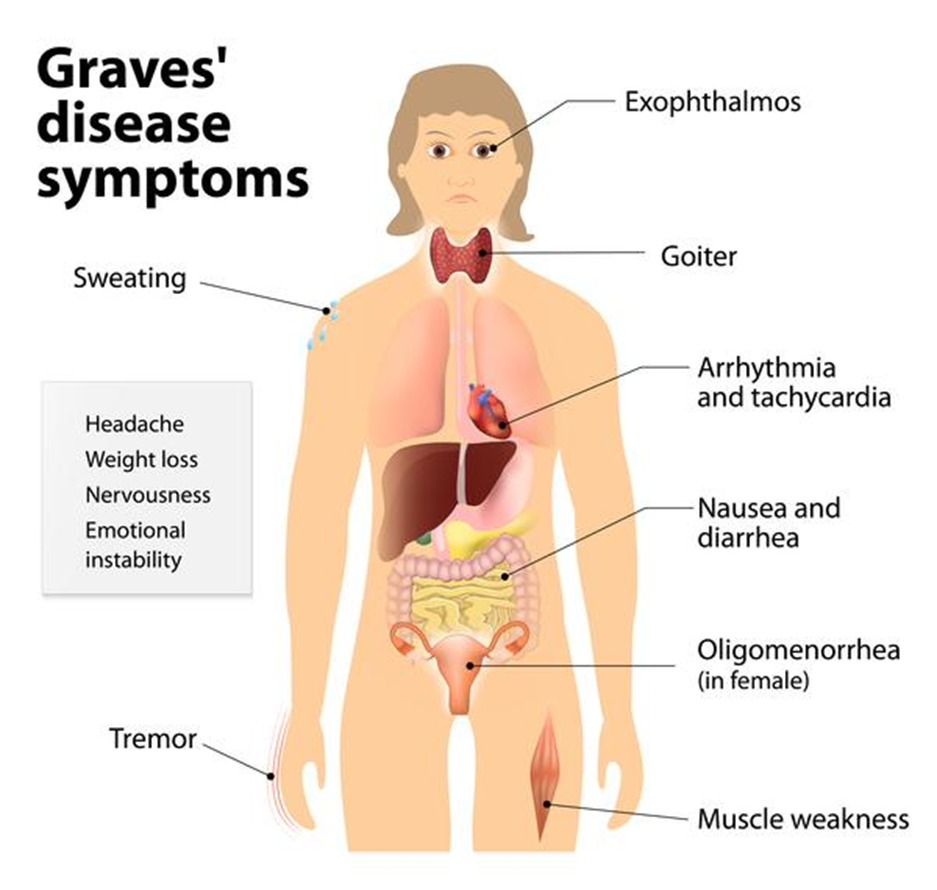The parent of a child with mumps calls the health care clinic to tell the nurse that the child has been lethargic and vomiting. What instruction would the nurse give to the parent?
That lethargy and vomiting are normal with mumps
To continue to monitor the child
To bring the child to the clinic to be seen by the pediatrician
That there is nothing to be concerned about as long as there is no fever
The Correct Answer is C
A. That lethargy and vomiting are normal with mumps:
Incorrect: Lethargy and vomiting are not typical symptoms of mumps. These symptoms could indicate a separate issue that requires medical attention.
B. To continue to monitor the child:
Incorrect: Given the reported symptoms of lethargy and vomiting, a passive approach of continuing to monitor may delay necessary medical intervention. The child should be assessed promptly.
C. To bring the child to the clinic to be seen by the pediatrician:
Correct Answer: Lethargy and vomiting are not typical symptoms of uncomplicated mumps. These symptoms could be indicative of other issues, and it's important for the pediatrician to evaluate the child to determine the cause and provide appropriate care.
D. That there is nothing to be concerned about as long as there is no fever:
Incorrect: While fever is a common symptom of mumps, the absence of fever does not negate the need for further evaluation when there are concerning symptoms like lethargy and vomiting. The child should be seen by a healthcare provider to determine the cause of these symptoms.
Nursing Test Bank
Naxlex Comprehensive Predictor Exams
Related Questions
Correct Answer is ["260"]
Explanation
To calculate the total fluid intake, add the volumes of each item consumed:
Juice: ½ cup
1 cup = 240 mL
½ cup = 240 mL / 2 = 120 mL
Gelatin: 3 oz
1 oz ≈ 30 mL
3 oz = 3 * 30 mL = 90 mL
Ice pop: 1 oz
1 oz ≈ 30 mL
1 oz = 30 mL
Ginger ale: 20 mL
Now, add these values:
120 mL (juice) + 90 mL (gelatin) + 30 mL (ice pop) + 20 mL (ginger ale) = 260 mL
Therefore, the nurse should record 260 mL as the child's fluid intake.
Correct Answer is A
Explanation
A. Heat intolerance
Explanation:
Graves' disease is an autoimmune disorder that results in hyperthyroidism, meaning there is an overproduction of thyroid hormones. Common symptoms of Graves' disease include heat intolerance, increased sweating, weight loss, palpitations, and anxiety. The hyperactivity of the thyroid gland leads to an increased metabolic rate, causing heat intolerance.
B. Bradycardia
Explanation: Bradycardia (slow heart rate) is not typically associated with Graves' disease. Hyperthyroidism usually leads to an increased heart rate (tachycardia) due to the stimulatory effects of thyroid hormones on the cardiovascular system.
C. Lethargy
Explanation: Lethargy (excessive tiredness or lack of energy) is more commonly associated with hypothyroidism, where there is an insufficient production of thyroid hormones. In Graves' disease, the excess thyroid hormones often lead to symptoms of hyperactivity, not lethargy.
D. Weight gain
Explanation: Weight gain is not a typical finding in Graves' disease. Hyperthyroidism often leads to unintentional weight loss due to increased metabolism and energy expenditure. Weight gain is more commonly associated with hypothyroidism.

Whether you are a student looking to ace your exams or a practicing nurse seeking to enhance your expertise , our nursing education contents will empower you with the confidence and competence to make a difference in the lives of patients and become a respected leader in the healthcare field.
Visit Naxlex, invest in your future and unlock endless possibilities with our unparalleled nursing education contents today
Report Wrong Answer on the Current Question
Do you disagree with the answer? If yes, what is your expected answer? Explain.
Kindly be descriptive with the issue you are facing.
